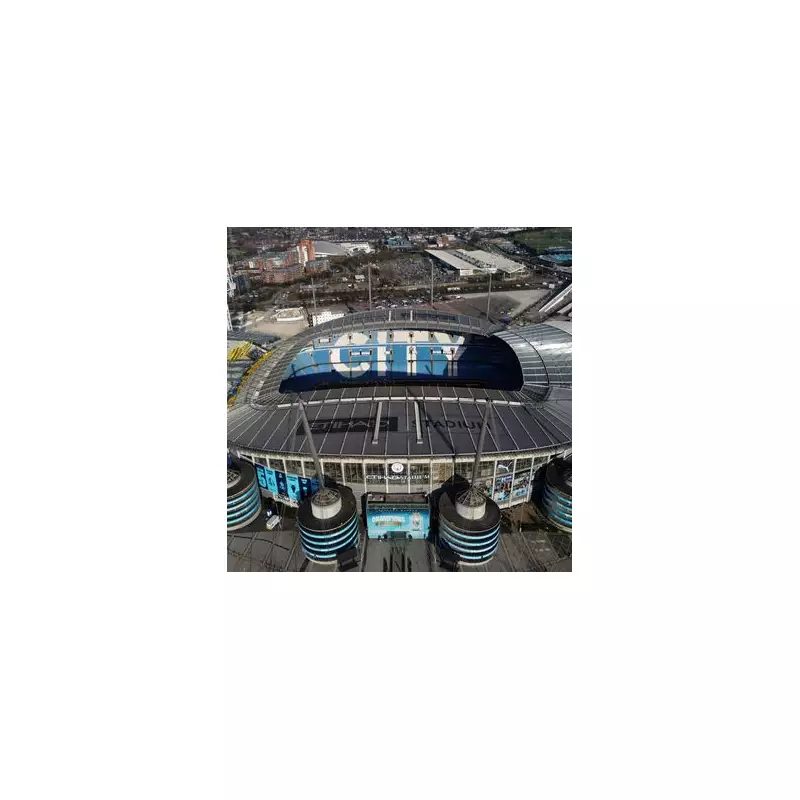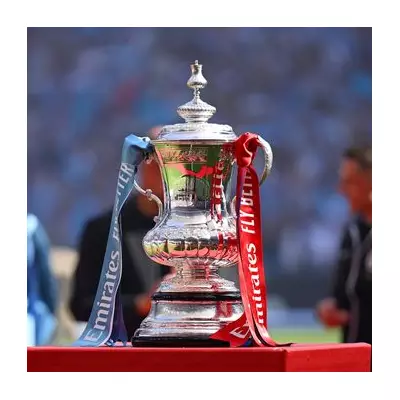
In a move that has sent shockwaves through English football, Manchester City have launched an unprecedented legal assault against the Premier League's financial regulations. The reigning champions are challenging the league's Associated Party Transaction (APT) rules, a framework designed to ensure commercial deals with companies linked to club owners reflect true market value.
The club's argument hinges on what they term "the tyranny of the majority," alleging the rules are fundamentally anti-competitive and were approved by rivals seeking to suppress City's success. At the heart of the dispute is a staggering claim: City believe the regulations have cost them over £300 million in potential revenue.
The Legal Battlefield: A Two-Week Arbitration Hearing
A confidential two-week arbitration hearing, set to be one of the most significant in sporting history, commenced this week. This hearing is merely the opening salvo, with a separate and monumental hearing into 115 alleged breaches of the Premier League's Financial Fair Play regulations looming in the autumn.
City's legal team contends the APT rules, strengthened in 2021, are discriminatory and contrary to UK competition law. They argue the regulations were pushed through by clubs who see them not as guardians of fair play, but as a tool to hinder a dominant competitor.
What Are The APT Rules?
The Associated Party Transaction rules are designed to prevent clubs from inflating their revenue through overly generous commercial deals with companies linked to their ownership groups. For a club like Manchester City, owned by the Abu Dhabi-based City Football Group, this includes sponsorships from Etihad Airways and other UAE-linked entities.
An independent panel must now assess whether such deals are of "fair market value." City claim this process is inherently unfair and places them at a significant disadvantage compared to clubs with more diverse, 'non-associated' commercial partners.
The Stakes For The Entire Premier League
This case is about more than just Manchester City. The outcome will have profound implications for the entire structure of the Premier League.
- Competitive Balance: A victory for City could loosen spending restrictions, widening the financial gap between the richest clubs and the rest.
- New Owners: It could make the league more attractive to sovereign wealth funds and ultra-wealthy investors seeking to rapidly build a club through major investment.
- Regulatory Power: A defeat for the Premier League would significantly weaken its ability to govern club finances and enforce its rulebook.
The football world watches and waits. The gavel's sound in this hearing will echo far beyond the confines of the arbitration room, potentially redefining the rules of the game for a generation.





